The content of the article
Myocardial infarction is a serious pathology of the heart, in which necrosis of a certain part of the heart muscle develops. The death of tissues occurs due to a sharp violation of coronary circulation. Subsequently, a scar is formed on the site of the dead tissue - that is, another tissue that is not able to contract properly. Therefore, the functionality of this important organ is significantly reduced. According to statistics, myocardial infarction is much more likely to develop in older people over 60 years of age. At a young age, a heart attack in women is diagnosed much less often than in men, this is due to female sex hormones. Estrogen inhibits the development of cardiovascular disease. With the advent of menopause, the production of sex hormone decreases, the protection weakens, and the chances of developing a heart attack in women and men are equalized. In this article, we will talk about risk factors and the reasons for the development of cardiac pathology in women, as well as learn how to properly provide first aid in order to save the patient's health and life.
Why myocardial infarction develops
This cardiac pathology develops very quickly, depending on many reasons. Most often, blood circulation is disturbed due to clogging of the walls of the coronary vessels. Here are the risk factors that can trigger a heart attack.
- Smoking (active and passive). Nicotine adversely affects the walls of blood vessels, making them less flexible and mobile. This also includes alcohol intake - alcohol affects the vessels in the same way.
- Cholesterol. There are two types of cholesterol - “bad” and “good”, or high-density and low-density lipoprotein. Low-density lipoprotein adheres to the walls of blood vessels, narrows their lumen, and leads to the development of myocardial infarction. High-density, on the contrary, stimulates the removal of "bad" cholesterol from the body. The risk of developing a heart attack increases with an increase in bad cholesterol and a decrease in the amount of good cholesterol.
- Sedentary lifestyle. With a lack of physical activity, blood stagnates, blood circulation slows down, blood vessels gradually narrow.
- Age. Over the years, human vessels lose their elasticity, become less mobile, the risk of cardiovascular disease increases.
- Obesity. With a regular excess of calories, fat is deposited not only under the skin, but also on the internal organs, the functioning of blood vessels and the heart is complicated.
- Diseases A lot of diagnoses that affect the work of the heart and blood vessels. However, some diseases are a direct risk factor for the development of myocardial infarction, among them diabetes mellitus, arterial hypertension, rheumatic heart disease, as well as already suffered heart attacks.
Scientists and doctors note that the environmental situation also affects the occurrence of such pathologies. With air pollution, vessels work worse.
How to recognize a heart attack in women
Cardiologists claim that the first changes in the body are noticeable even before the vital parts of the heart muscle begin to die. If timely measures are taken, the situation may well be changed and the woman’s life and health preserved. So what signs indicate an approaching or onset myocardial infarction?
Among the precursors of the disease can be noted apathy and fatigue, which does not go away even after prolonged rest and sleep. A woman may develop insomnia or vice versa, severe drowsiness, a feeling of weakness.
If a woman listens to a heartbeat, it is possible to diagnose tachycardia, the rhythm becomes knocked down, sometimes it intensifies or slows down.
A woman may feel respiratory failure, shortness of breath, suffocation appears, it becomes difficult to breathe at times.
Even before the development of myocardial infarction, a woman may notice unusual swelling of the arms and legs, which increases by the end of the day.
Blood does not clot longer, this is noticeable in the wounds and abrasions received, the periodontal period worsens, the gums bleed harder than usual.
A few days before a heart attack, a woman may feel frequent urination, which may be accompanied by an intestinal upset.
The patient’s neurological condition also changes - fears and panic attacks appear.
In some cases, the symptoms of a cold develop - lethargy, aching joints, a slight increase in temperature, a general deterioration.
All of the above symptoms indicate that myocardial infarction can begin at any time. More than half of women have another exact harbinger of pathology - angina pectoris. This is a vasospasm, which is manifested by pain behind the sternum and quickly disappears after taking nitrates. If you notice a significant improvement after taking nitroglycerin, this is a bad sign - you need to see a doctor as soon as possible, maybe a heart attack will develop soon. If the pain ceased to pass from nitroglycerin - a heart attack has already begun.
The acute period is characterized by symptoms such as increased cold sweating, pale or blue skin, panic attack, decreased sensitivity of the limbs.
As a rule, pain appears, which is localized more on the left side - it can be a tooth or joint pain, discomfort gives in the left arm, shoulder, in the upper chest. Especially in women, the back of the head can hurt.
In some cases, various bronchospasm occurs, shortness of breath without physical exertion, shortness of breath, which causes pain when turning the body.
Very often myocardial infarction is confused with bronchospasm, because many symptoms of both pathologies are similar. It is important to know that with bronchospasm a cough occurs, but with a heart attack it is almost never there. Also, for heart pathologies, medications to expand the bronchi will not help, but with asthma, such drugs will quickly relieve an attack. Myocardial infarction is also easily confused with gastroenterological pathologies, for example, appendicitis or perforation of a stomach ulcer. It is important to understand that with cardiac pathologies the pain either grows or subsides, and with gastroenterological disorders the pain is approximately the same. In addition, you should know that with gastrointestinal diseases, antacids and antispasmodics do not relieve pain and do not alleviate the patient's condition. In any case, if you find at least a few characteristic symptoms, you must definitely call a team of doctors - the count goes on for seconds.
First aid for myocardial infarction

A call to an ambulance has been made, how can you alleviate the patient’s condition before the doctors arrive? What measures should be taken so as not to harm a person? First of all, a woman needs to be put or planted so that she is in a relaxed state. Put your head on a small elevation - a pillow or folded clothes (if an attack occurs on the face). If the patient has developed bronchospasm, you need to find a body position in which breathing is not difficult. Explain to the woman that she should not move, this can worsen her health. An ordinary nitroglycerin tablet, which must be given under the tongue, will help reduce the aggressiveness of the attack. If doctors do not arrive within half an hour, you need to give the patient another pill. You can not give drugs for hypertension and other cardiovascular drugs that a woman usually took.They do not stop the attack, but they can seriously disrupt the clinical picture, it will be more difficult to make a correct diagnosis. It is better to prepare all the medicines and, together with the patient’s medical card, wait for the doctor.
If a woman fainted, you need to check the heartbeat. In the absence of the latter, artificial respiration and indirect heart massage should be done. Do not leave a sick person until the doctor arrives. Myocardial infarction is usually diagnosed by a cardiogram, in which there are characteristic changes. In addition, blood is checked for serum enzyme activity. As soon as the patient enters the hospital, he is sent to cardiological resuscitation, where he will receive comprehensive treatment. Myocardial infarction is a serious disease in which it is very difficult to make predictions. Further life depends on the degree of damage to the heart muscle - if more than half the muscle is affected by necrosis, the heart, unfortunately, will not be able to perform its functions, a person dies from heart failure. An acute period occurs on the first day after the development of a heart attack. If the work of the heart muscle is maintained, then the prognosis is basically good - with proper medical support, the person will live.
In the fight against myocardial infarction, it is very important to pay special attention to prevention. Be sure to monitor your health, lead the right lifestyle - move more, give up bad habits, eat varied and balanced. Refuse a large number of salty, fatty and fried foods - it is harmful to the heart, especially in old age. Timely undergo a medical examination, donate blood for sugar and cholesterol every 5-6 months, monitor blood pressure. Do not forget to take drugs to maintain the health of CCC, try not to be nervous and not to exert yourself physically. And then myocardial infarction will certainly bypass you!
Video: signs of a heart attack in women

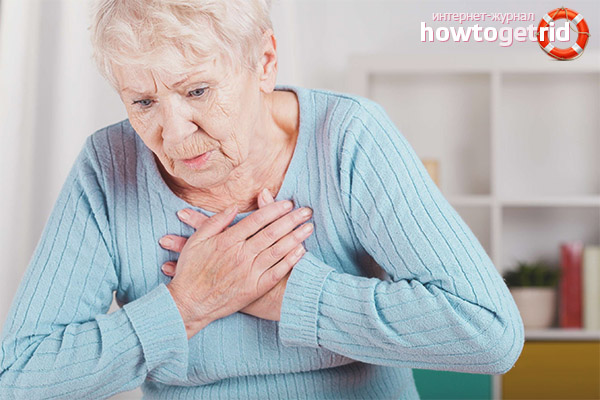
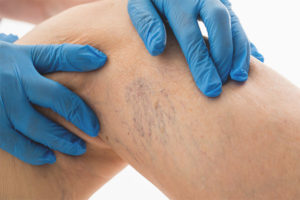

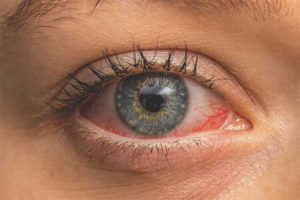

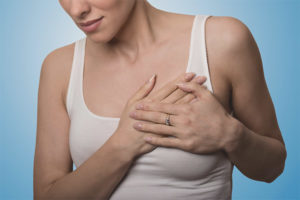
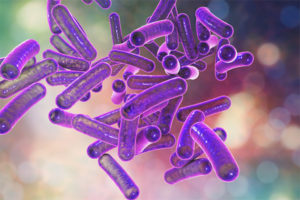
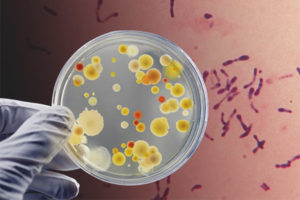

Submit